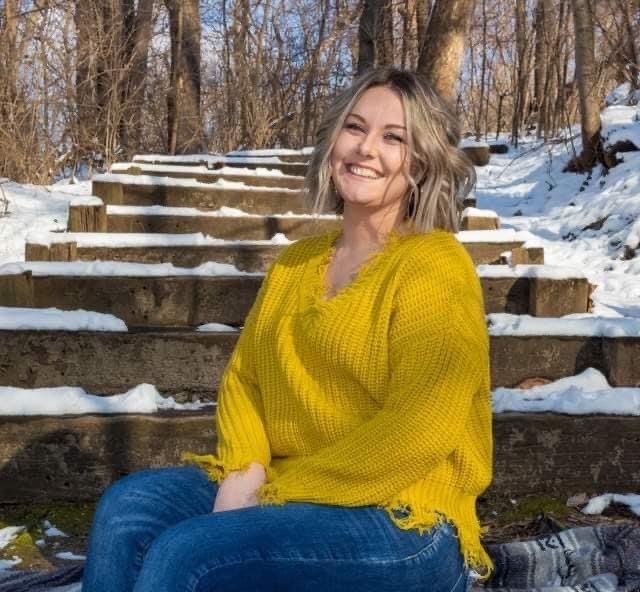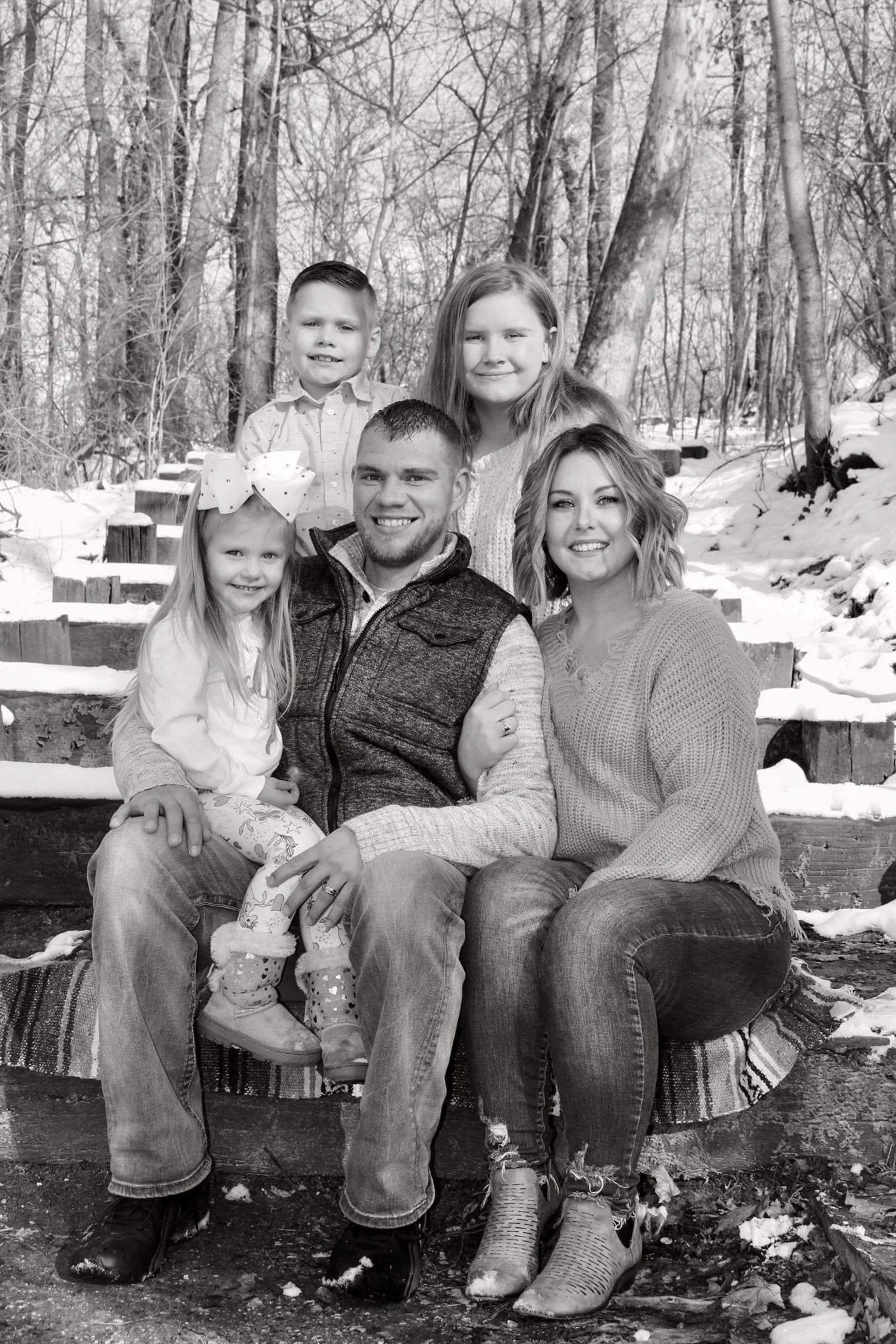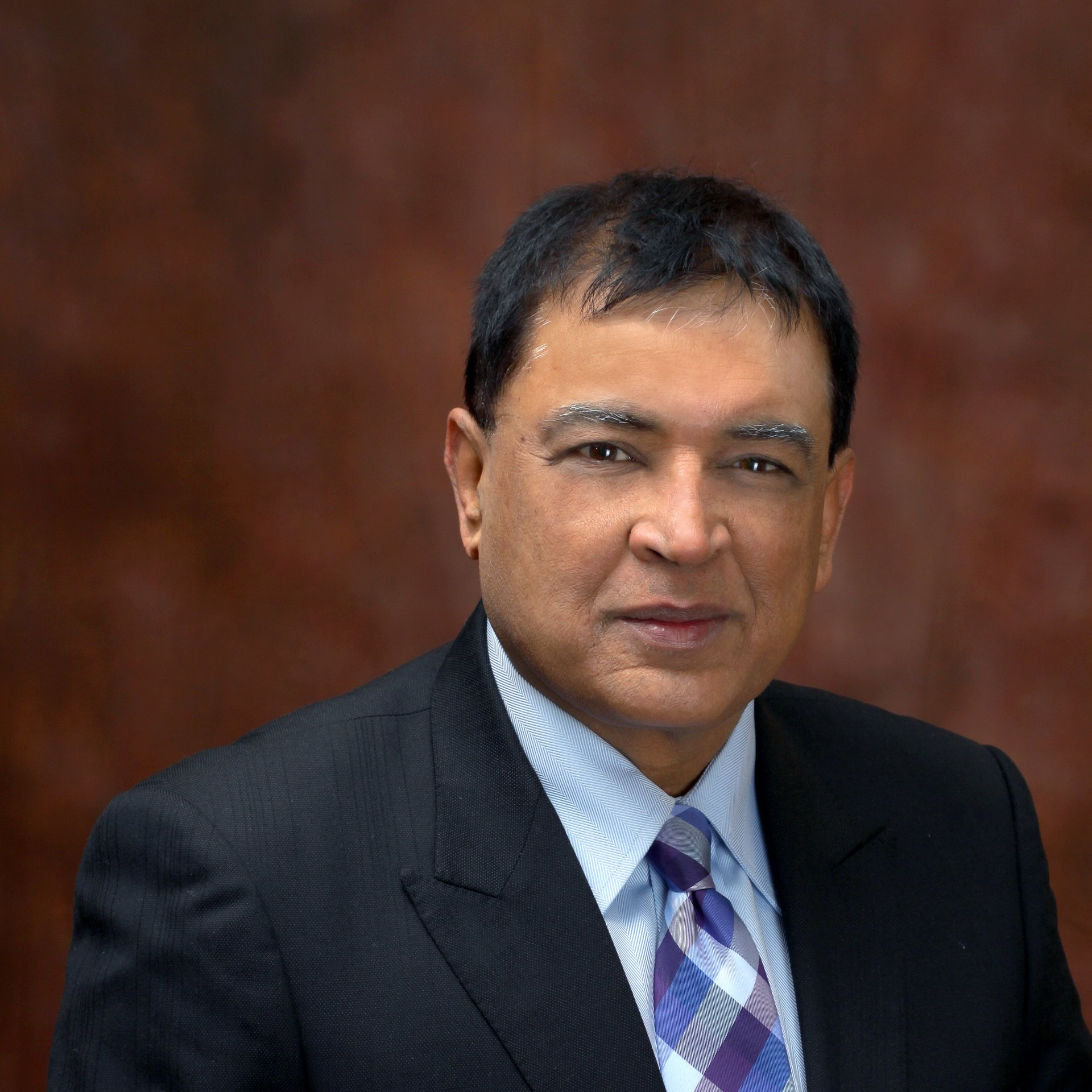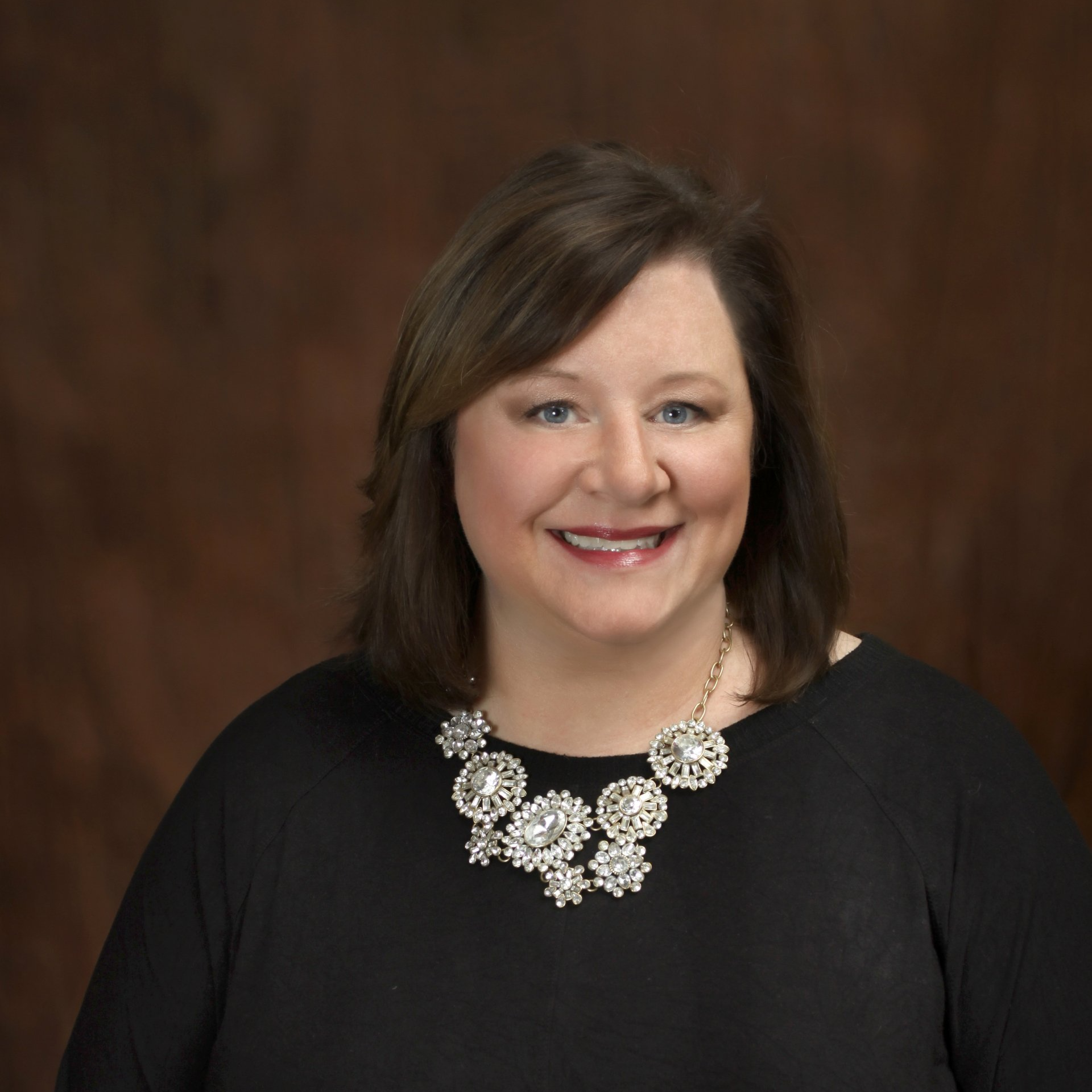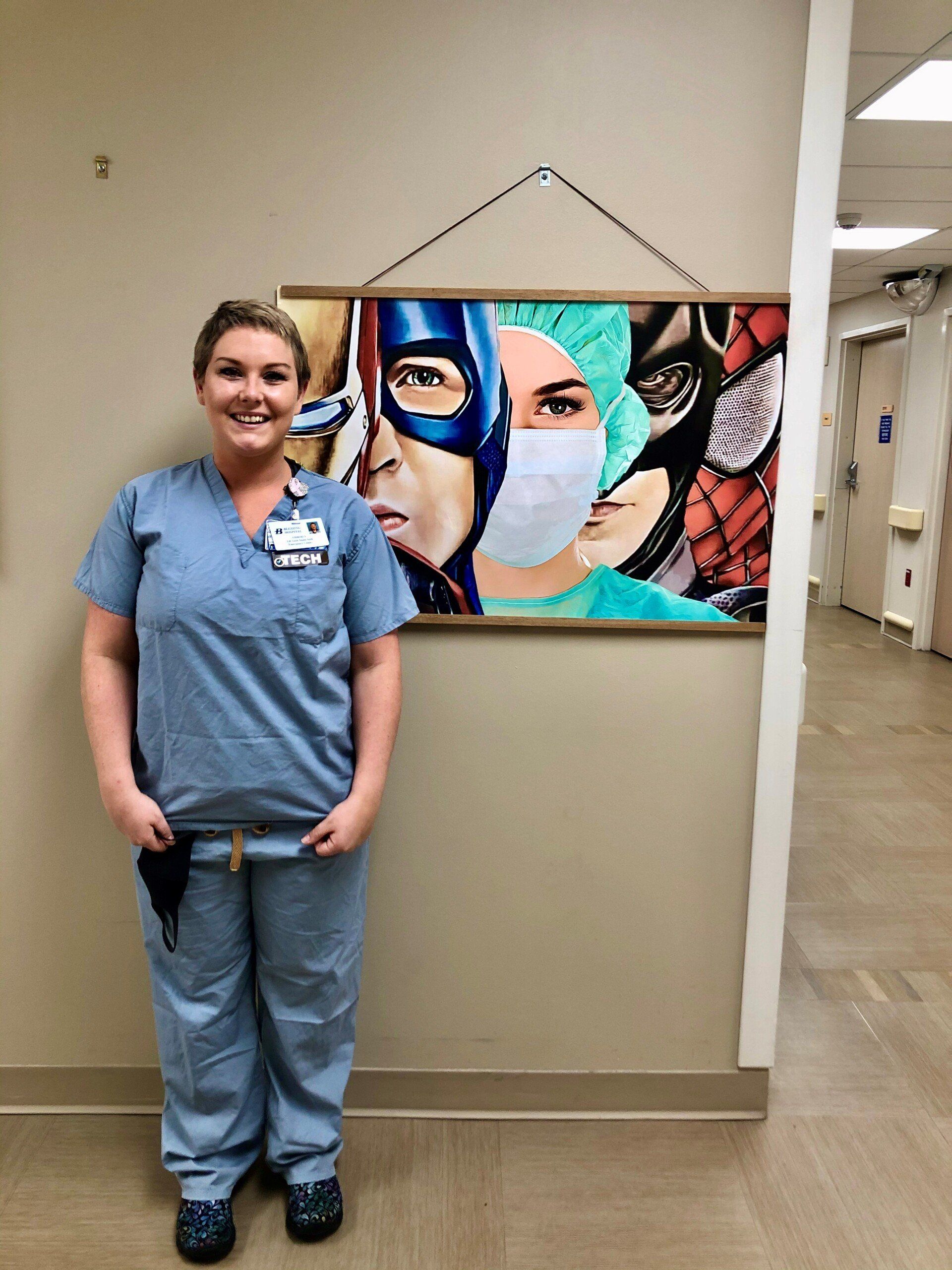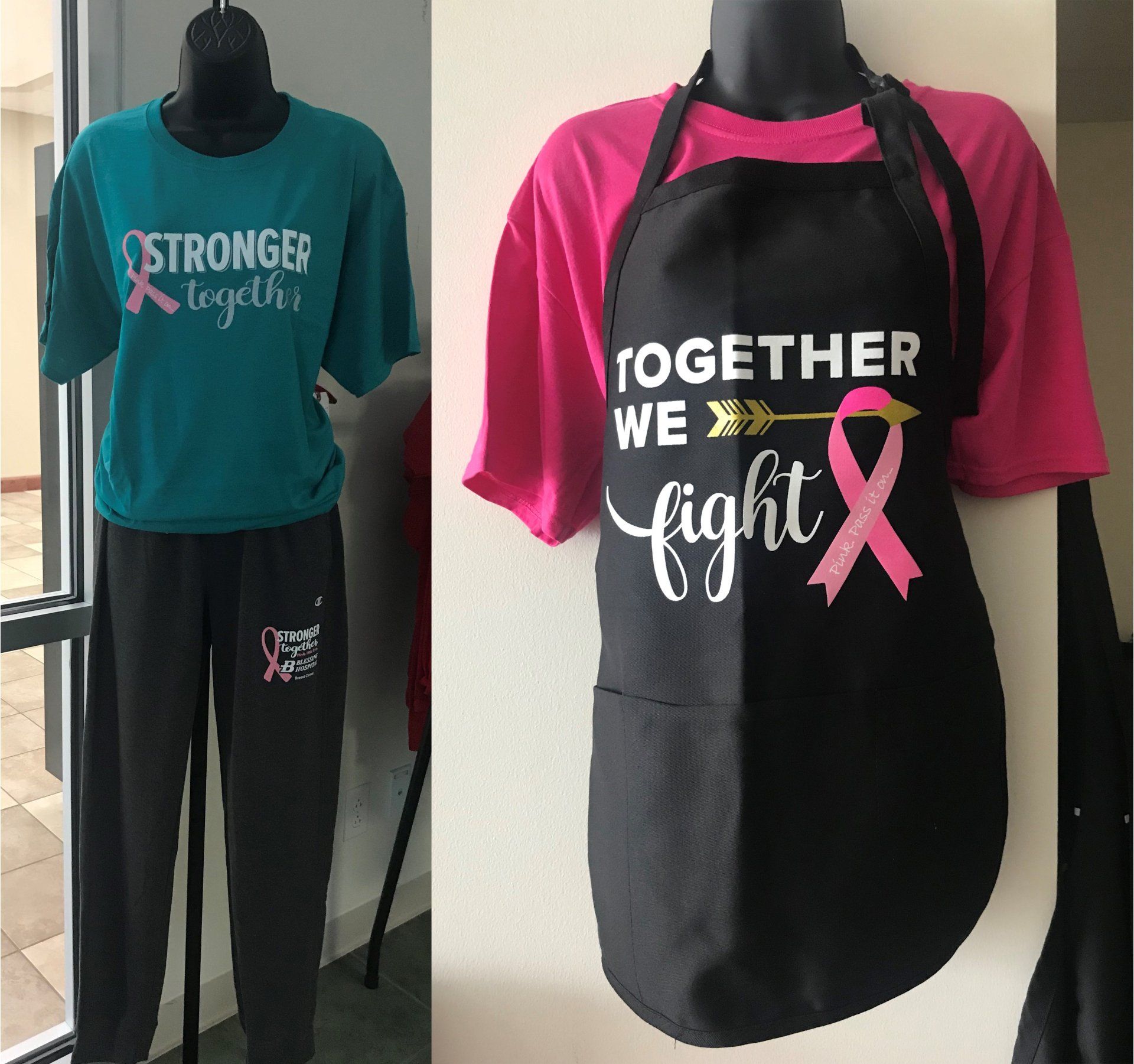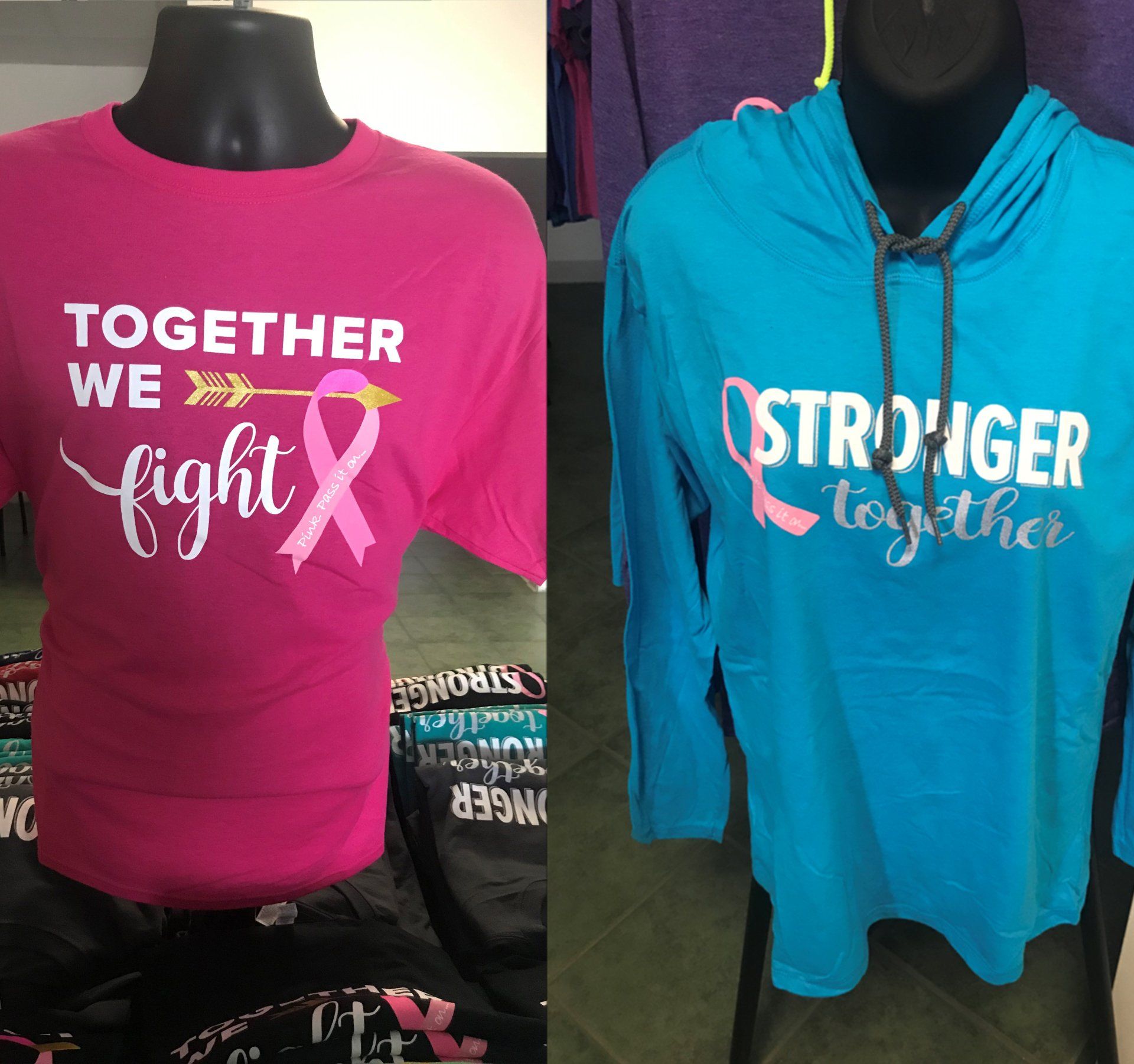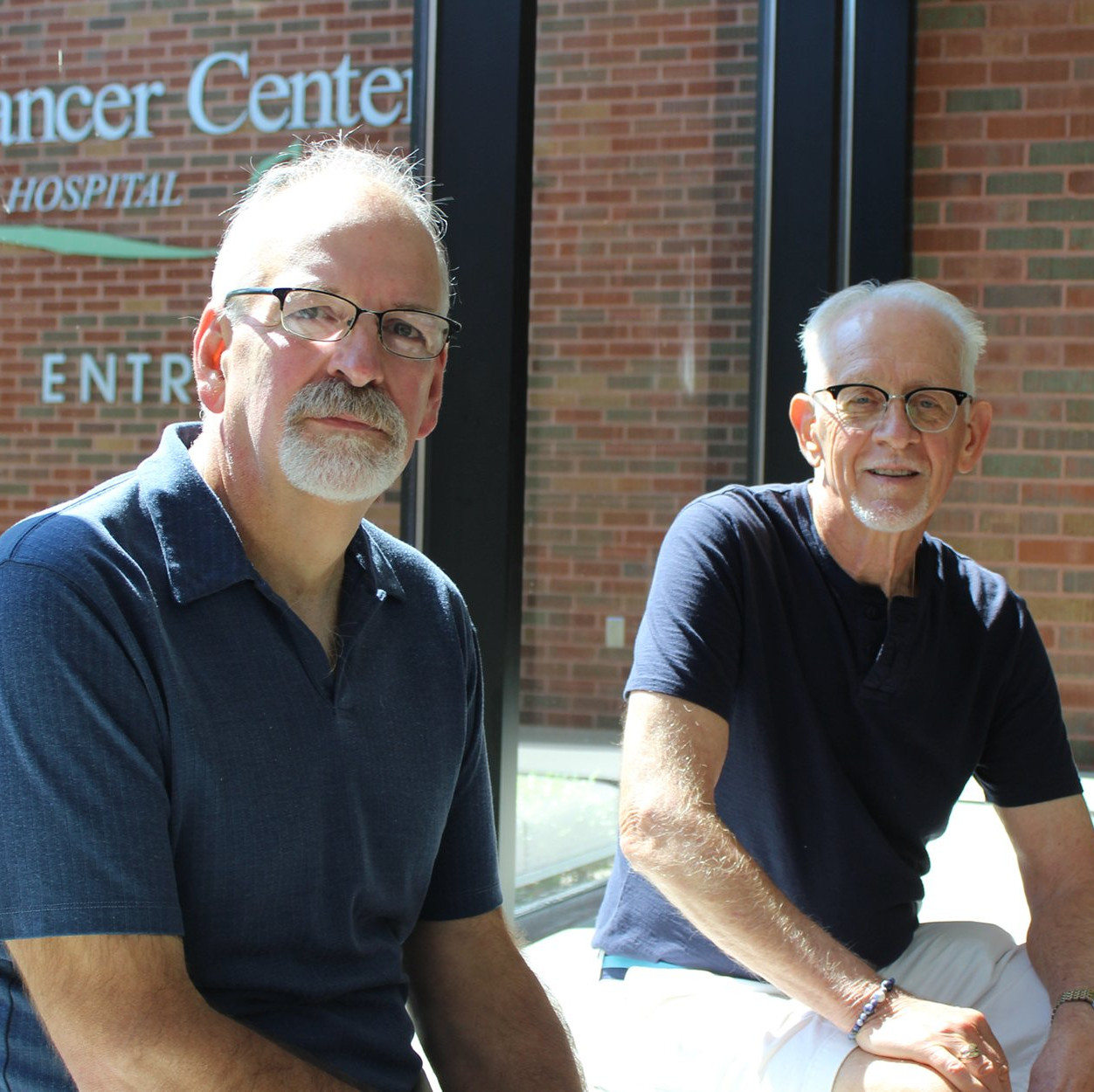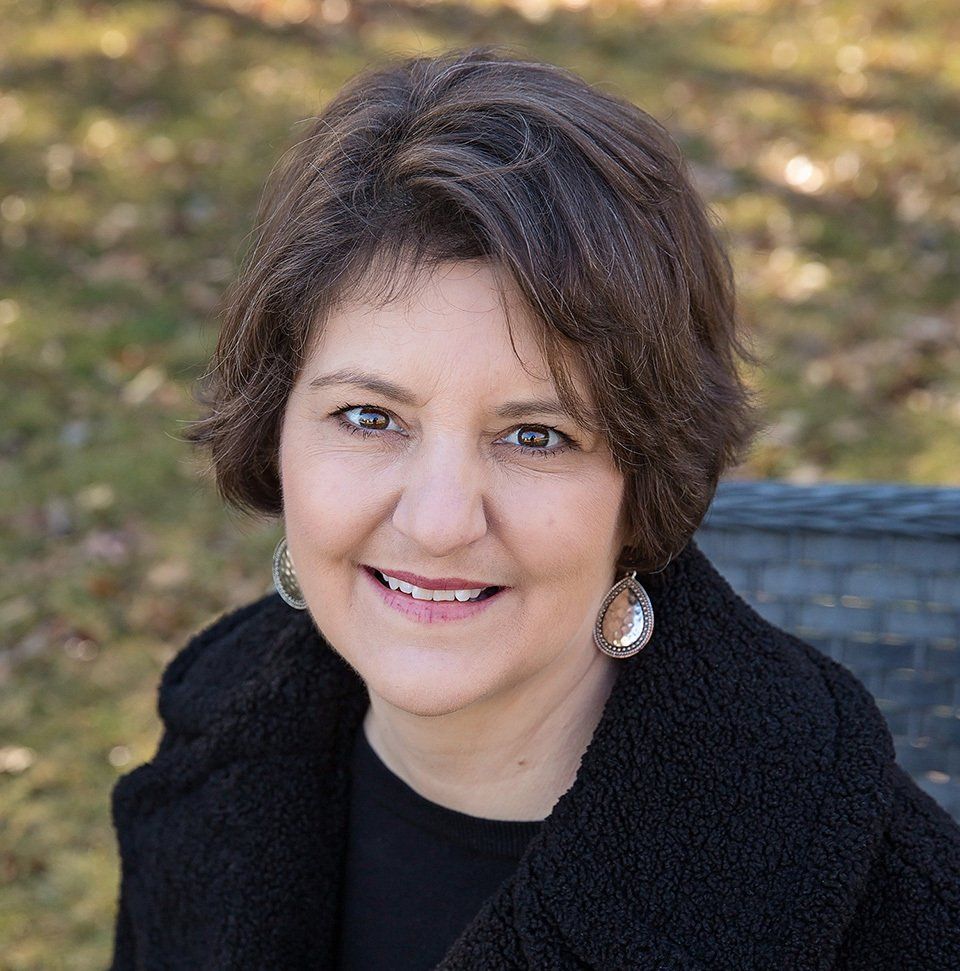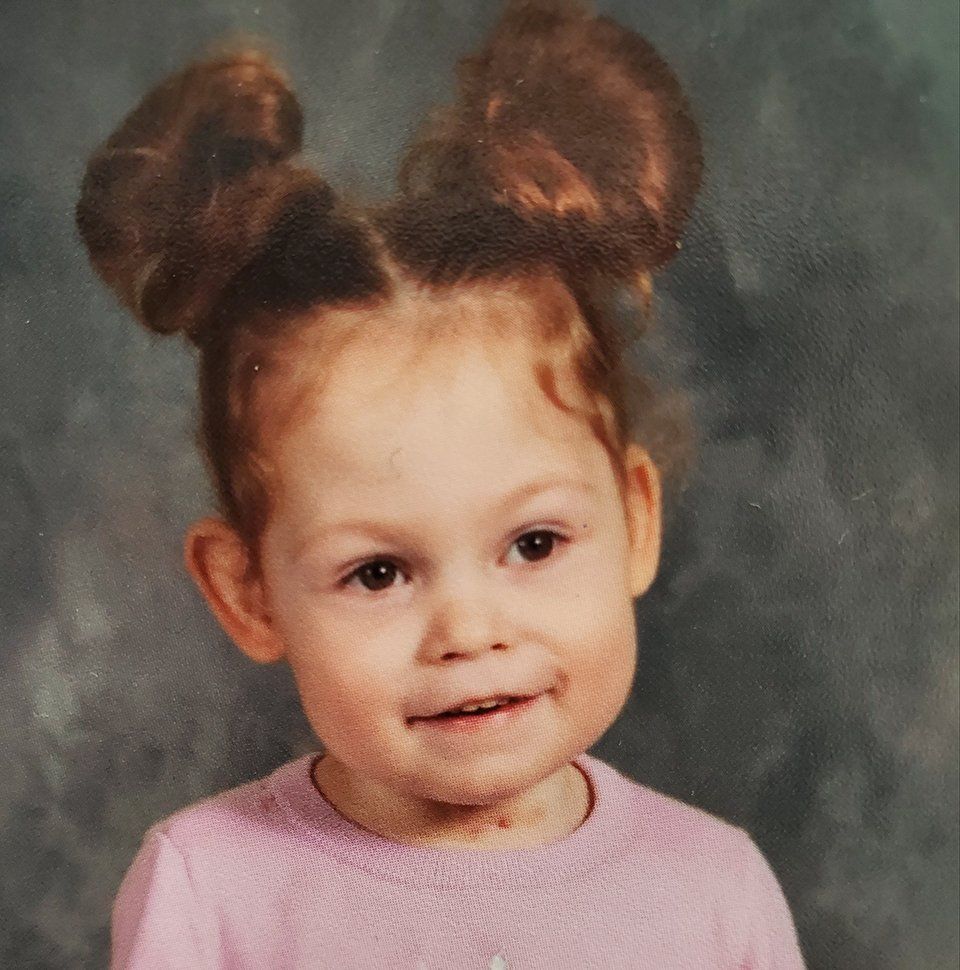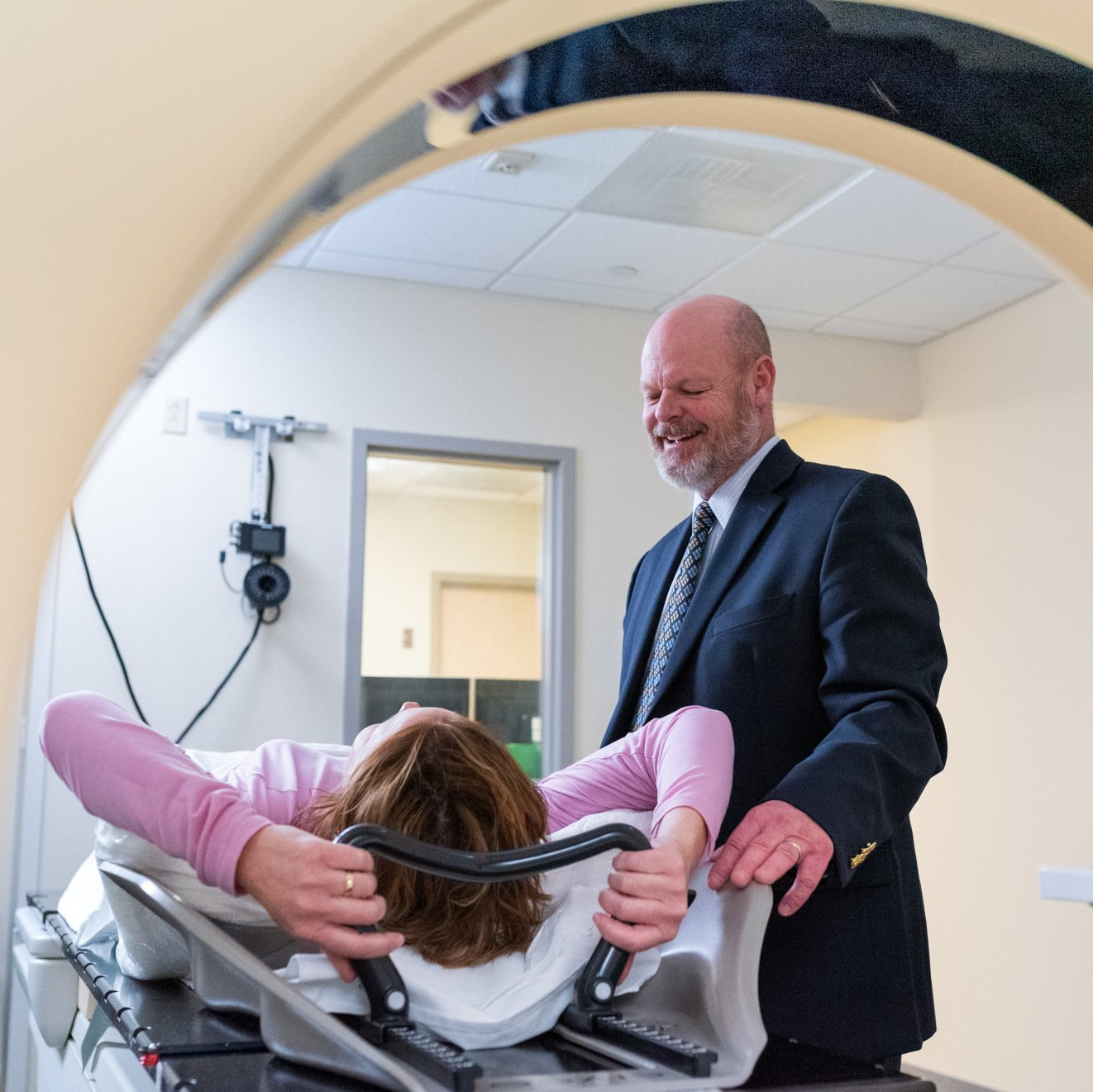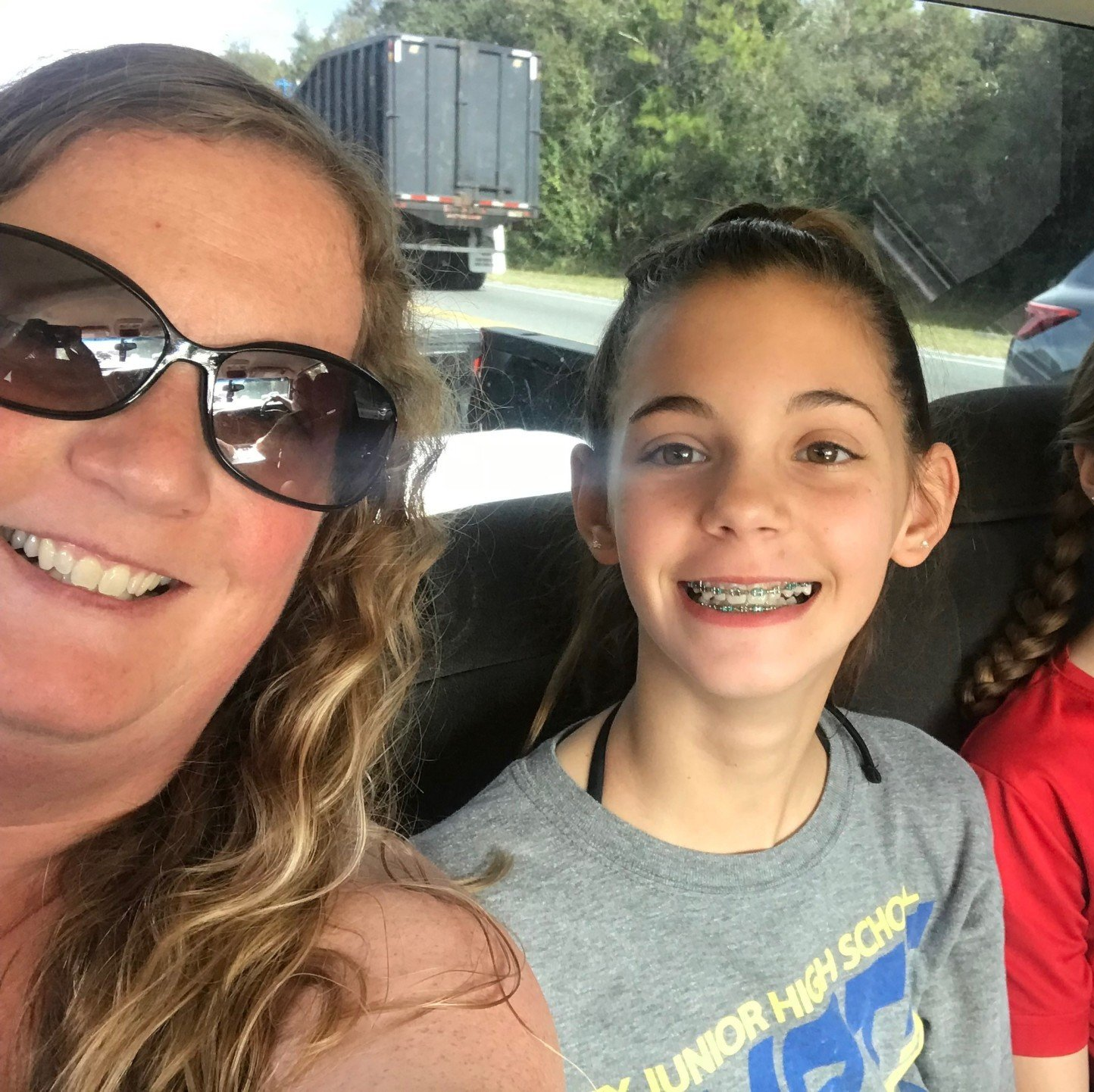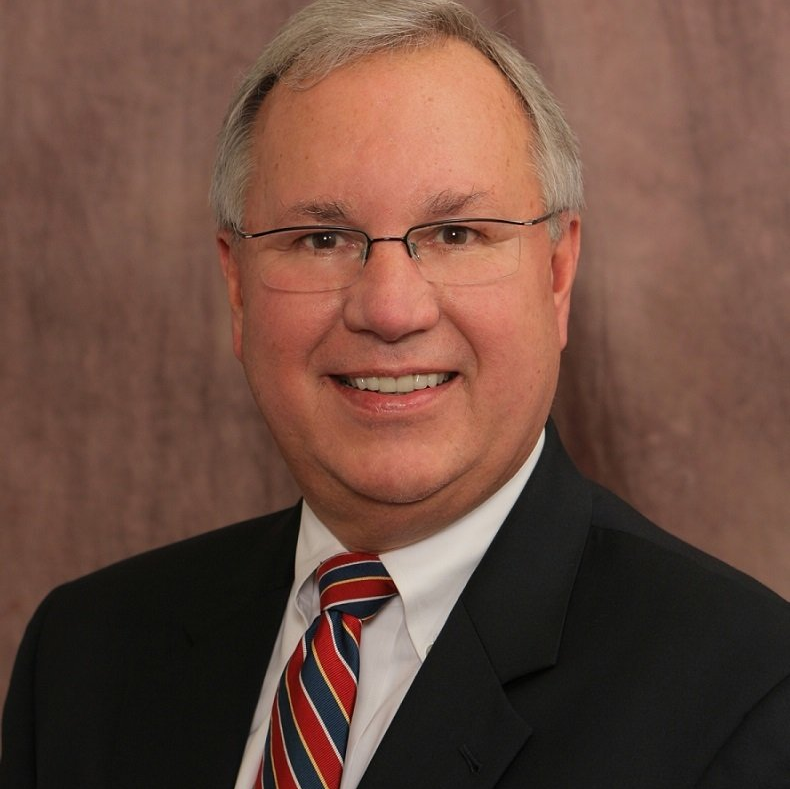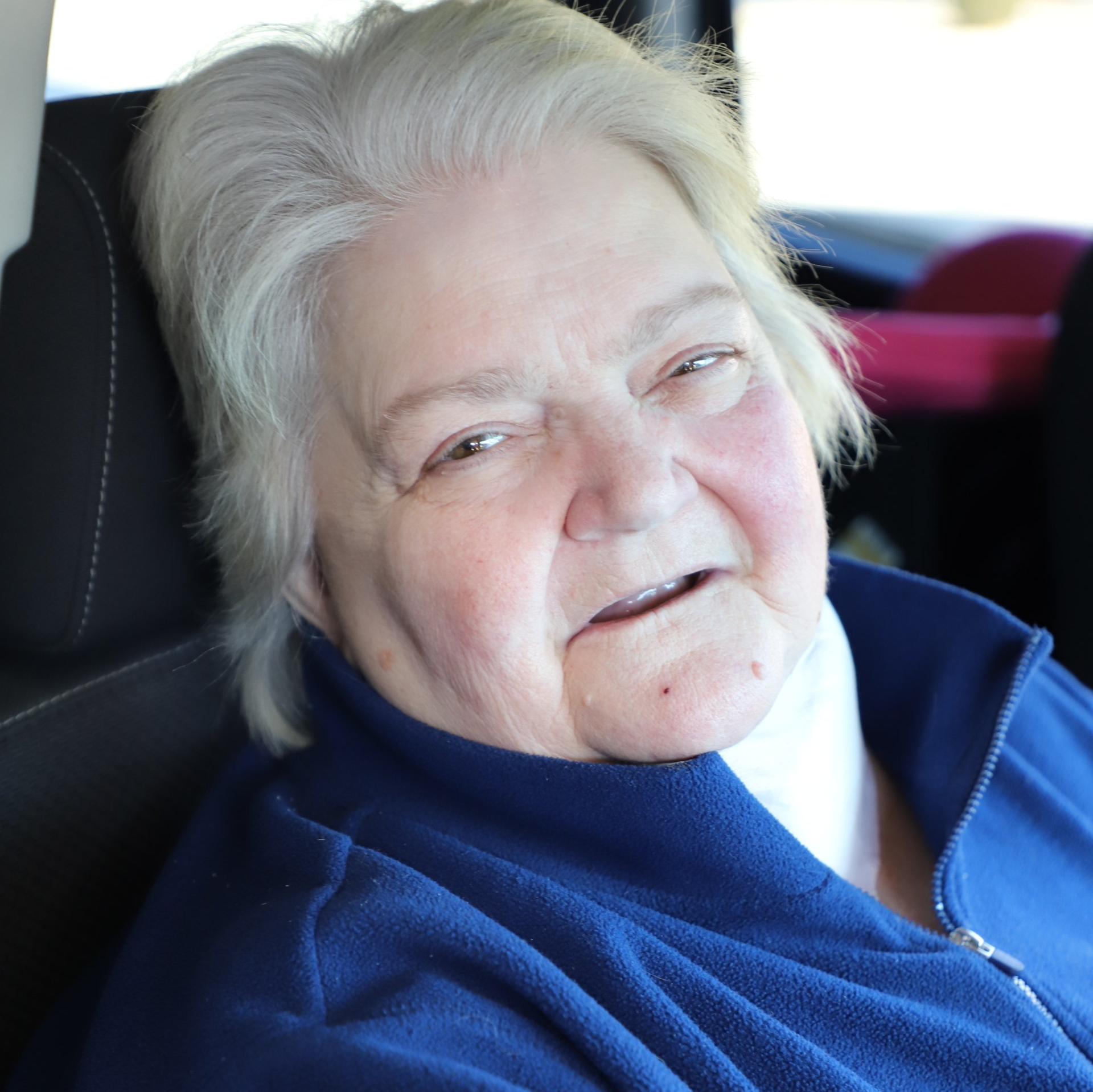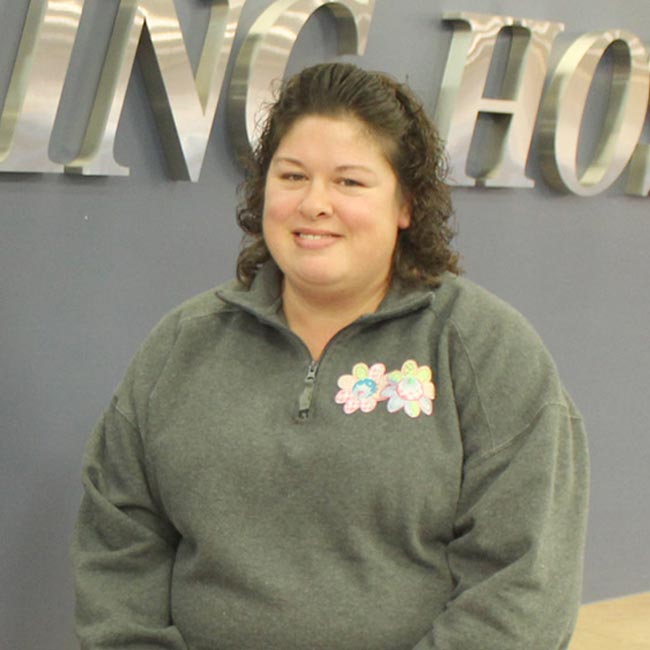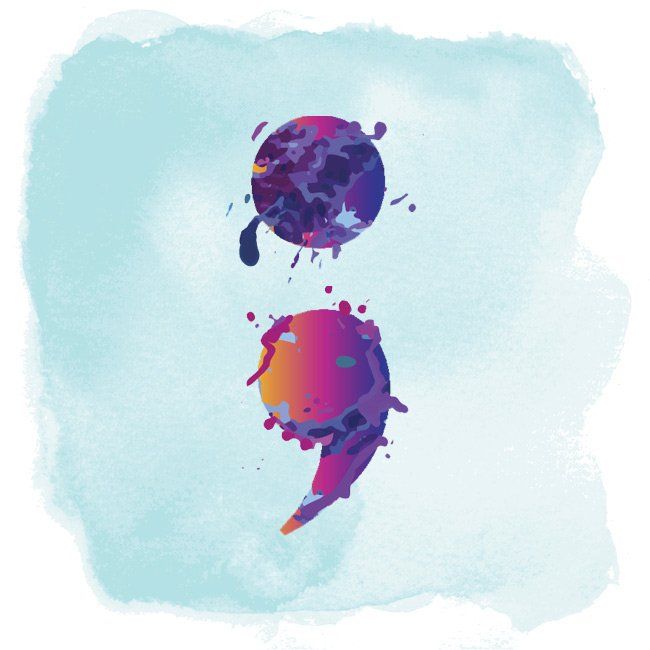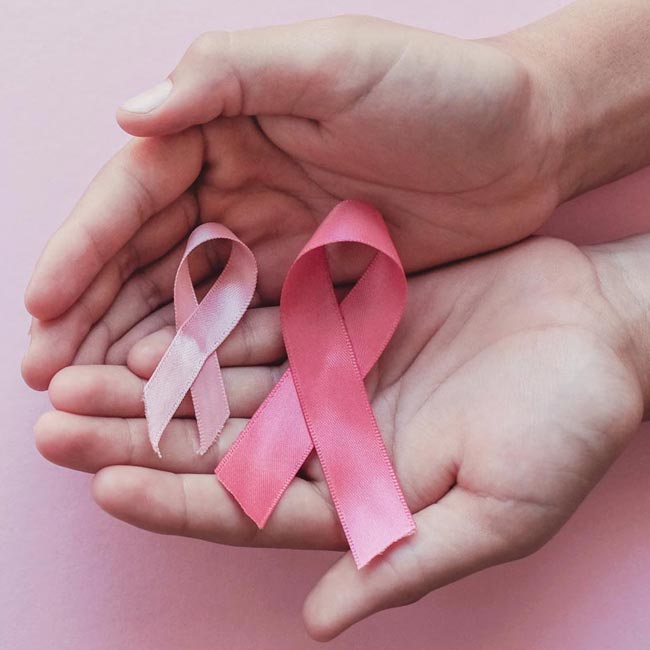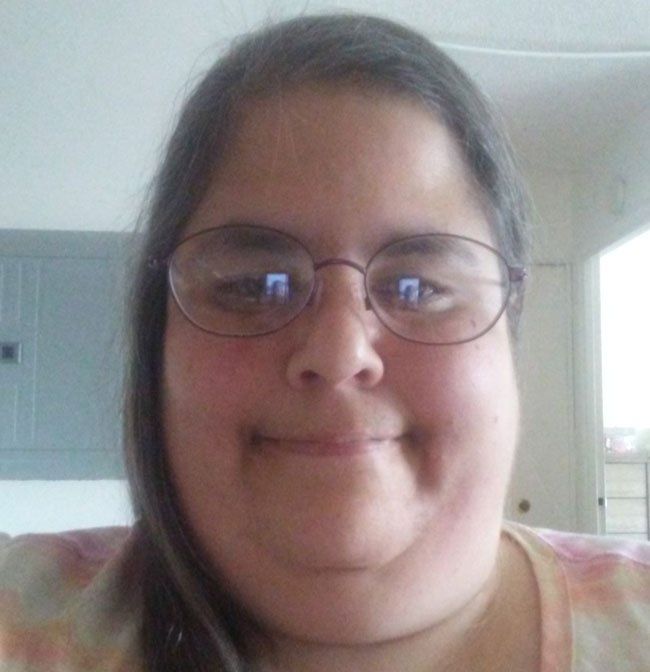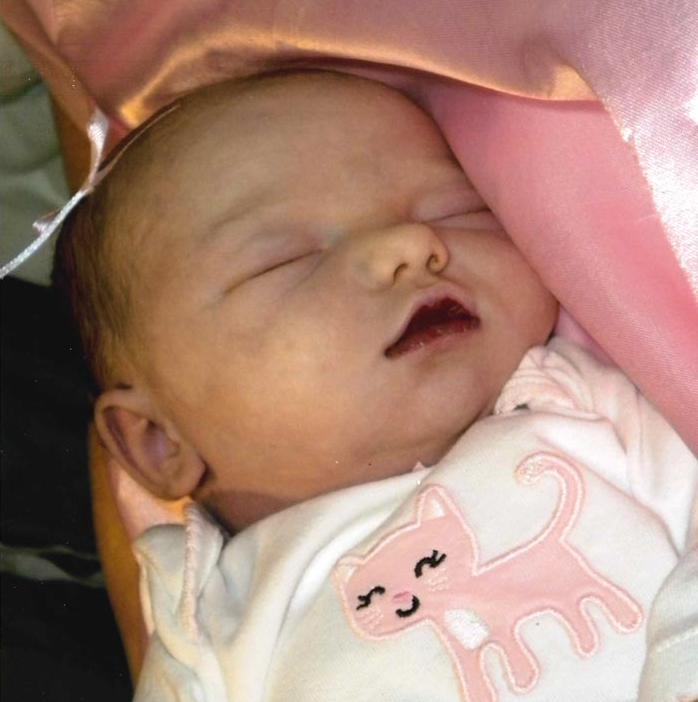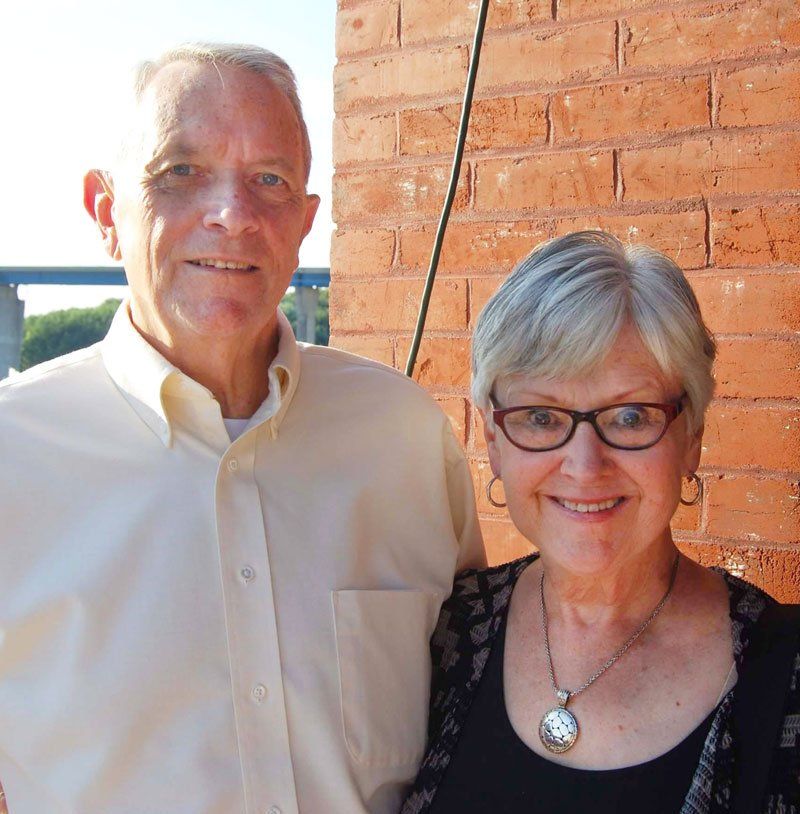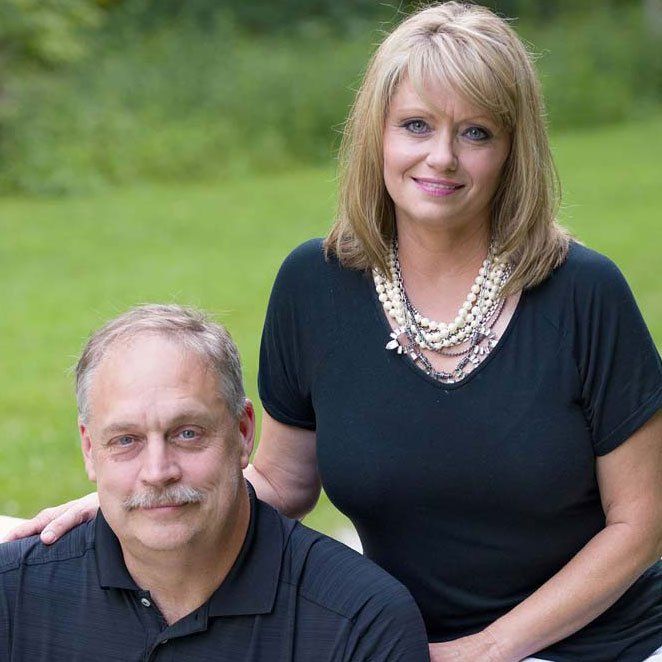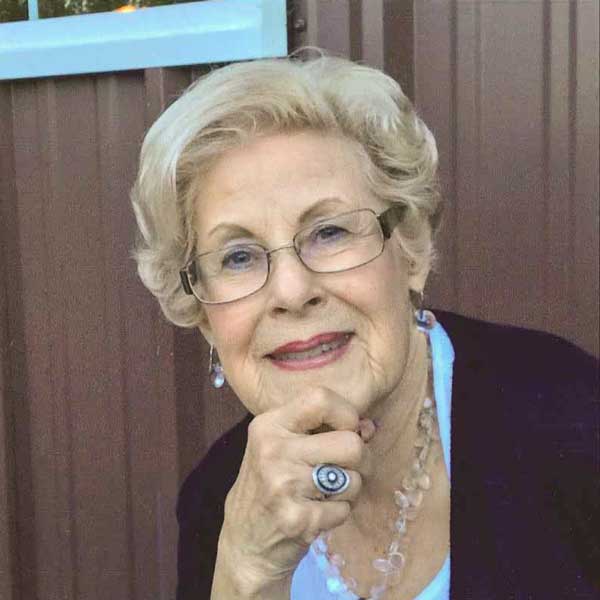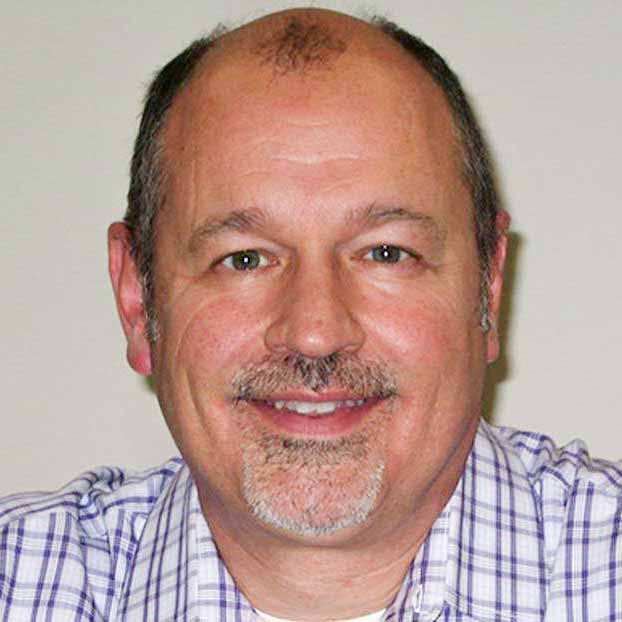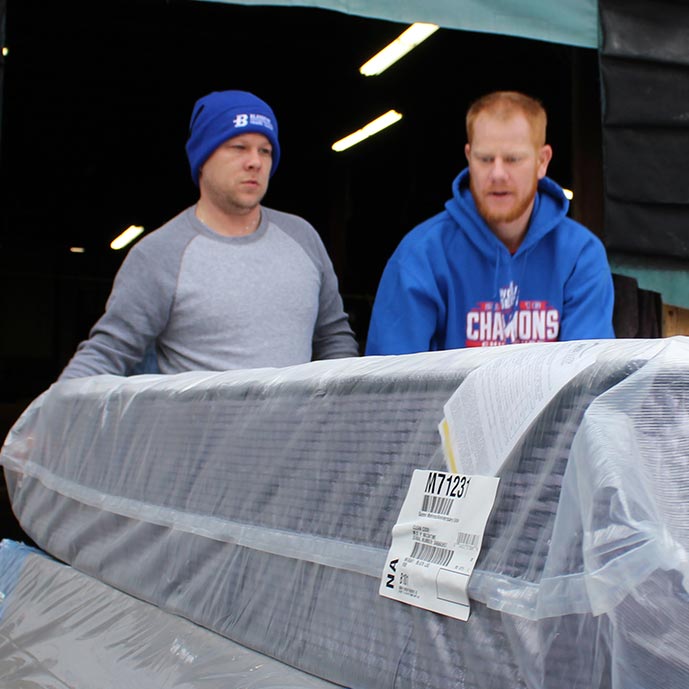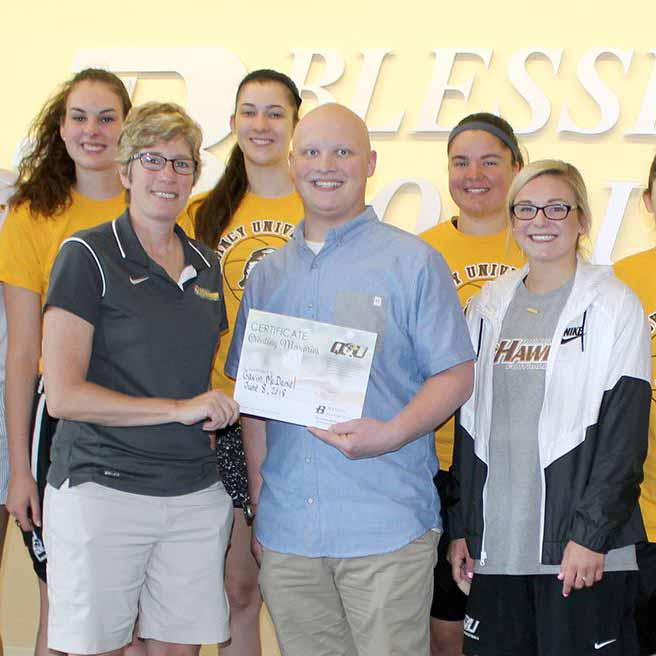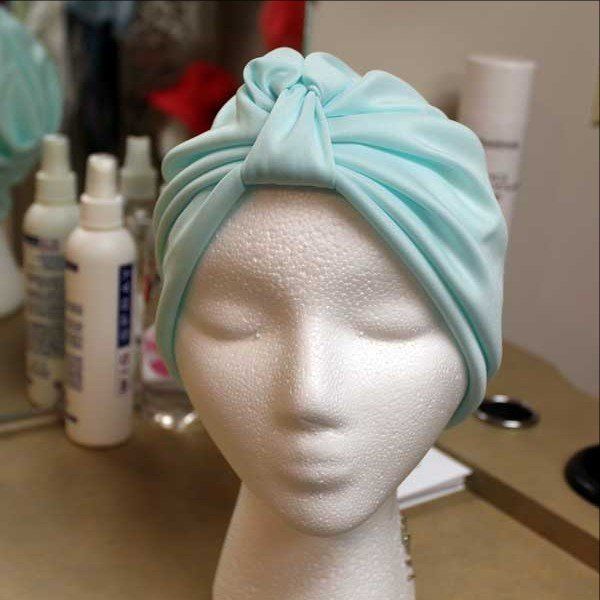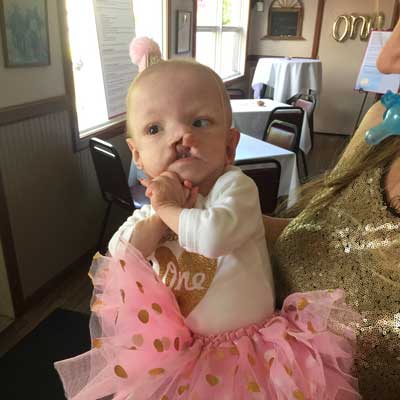A helping hand ‘when I was at my lowest’
September 2020
She was just 31, a mom of three, with a rare and aggressive form of breast cancer.
When bills started piling up, adding to her stress, the Blessing Foundation was there.
At 31, Amberly Forrest was still years away from scheduling her first mammogram.
She didn’t have a family history of breast cancer.
So, when her doctor told her that the lump she felt during a self-check in January was breast cancer, Amberly was shocked and overwhelmed. Not only was it cancer, but it was a rare and aggressive form called triple-negative breast cancer.
“It was a big tumor,” Amberly said. “We started everything pretty quickly.”
She received treatment at the Blessing Cancer Center with Dr. M. Ishaqe Memon, former medical oncologist/hematologist at Blessing Physician Services, overseeing her care. She also traveled to Mayo Clinic in Rochester, MN, for specialized treatment.
Dr. Memon said her initial chemotherapy wasn’t shrinking the tumor, so Amberly moved forward with surgery - a bilateral mastectomy with immediate reconstruction - in June, a planned operation, but sooner than anticipated. Surgery was followed up with proton radiation therapy at Mayo Clinic, and she’s now taking a six-month course of oral chemotherapy.
“She is a very brave woman,” Dr. Memon said. “Emotionally, she was very strong. And her husband was very supportive.”
Unexpected Cancer Journey Takes a Financial Toll
While Amberly and her husband, Skyler, who have three children, were supporting each other emotionally through this ordeal, along with other family and friends, the financial toll was starting to mount.
Amberly worked in the Blessing Hospital Emergency Center and had to go on short-term disability in March because it was too dangerous for her to work there during the COVID-19 pandemic, especially because her immune system was compromised. Skyler became the sole provider, but also took some time off without pay to be with her at the Mayo Clinic.
They had to rent a home in Minnesota. Transportation costs were high. Bills were piling up. The kids needed back-to-school supplies.
“Money was a big stress,” Amberly said, adding that the family receives no assistance from the state or federal government.
The Blessing Foundation came to the family’s aid, using donations to the Blessing Breast Services Fund to pay for a house payment, utilities, and other bills.
“Without the Foundation, we really would have struggled,” Amberly said. “They helped us when we needed it. When I was at my lowest with my health, my mental health, my financial health, just everything, it helped so much.”
‘Blessing Was There to Help Me Financially’
Amberly, age 32, has been through a lot, but she’s feeling confident about her future. She started back to work in mid-September.
“I feel good,” she said. “I feel more of myself than I have in a long time. I’m not in a chemo fog. My hair is growing back. I’m feeling better about myself and I’m so excited to come back to work and get back in that routine.”
She’s incredibly grateful to the Blessing Foundation for being there during a difficult time.
“Blessing was there to help me financially when I couldn’t get it from anywhere else,” she said. “We could have had the utilities shut off. We maybe even would have had to get loans to get things paid.”
Support the Breast Services Fund by Buying Pink Apparel
Did you know that you can support patients like Amberly simply by buying a T-shirt?
The Blessing Breast Center opens an Apparel Store each October – during Breast Cancer Awareness Month – to sell a wide array of short- and long-sleeved tees, sweatshirts, hoodies, shorts, tank tops, leggings, sweatpants, and more. New breast cancer awareness designs are created each year.
When you buy a piece of pink apparel, 100% of the proceeds go to the Blessing Foundation’s Breast Services Fund.
Another popular October fundraiser – “Pink. Pass It On in the District” 5K walk – is supported by Quincy’s downtown businesses and benefits the Breast Services Fund.
“It doesn’t have to be a huge amount of money to make a difference,” Nuebel said. “Every little bit helps.”



